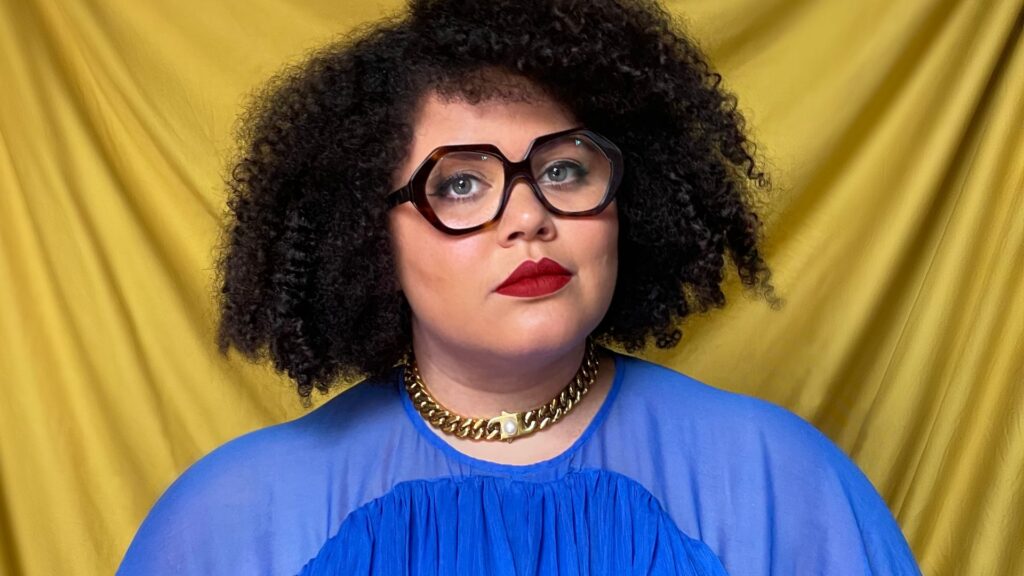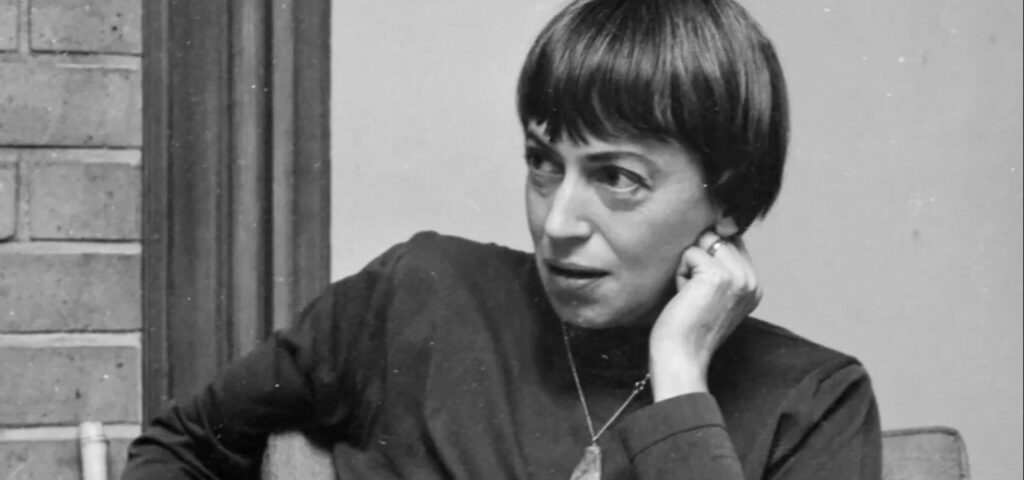For International Women’s Day 2024, we are invited to #InspireInclusion. To achieve this, we wanted to highlight some female leaders who have inspired inclusion in their own lives and careers. We were certainly energised by reflecting on these incredible women, and we hope you will be too! Though we’ve condensed these women’s stories into bite-sized summaries, we’d encourage you to delve deeper into their work and to think about who inspires you.
When I was asked to share a little about a woman who has inspired me with their leadership in the inclusion space Sophie Williams immediately came to mind. Sophie Williams is an anti-racism advocate and activist, whose books, talks and campaigns focus on highlighting the experience of black women in the workplace. As a professional in the people and culture space, her work is really powerful and has made me reflect time and time again on our own practices, and as an individual I have found it eye-opening and a fantastic prompt for intersectional conversation and change. If you’re not familiar with her work I’d suggest starting out with her Ted Talk, the rigged test of leadership, focusing on the glass cliff – the phenomenon that women are more likely to get more professional power in organisations when they are already at crisis point, therefore setting them up for failure.
Sophie, Network Director

I am a fan of Emilia Clark as an actress but hadn’t really explored her career past that. A friend was recently telling me about her research charity SameYou, which aims to support better recovery for people who have suffered from brain injuries. Whilst it is a young organisation I found it inspiring to see her using her platform for connecting individuals who may share her story. Clark gives them space to engage and advocate for change they may not have seen in their own recovery, which I think is incredibly valuable.
Sorcha, Bristol Hub Manager
When I first considered the theme of ‘inspire inclusion’ I wanted to think about individuals outside of the ‘traditional workplace leader’ archetype. The author, Ursula K. Le Guin jumped out to me. Le Guin was a trailblazing author who published a variety of fiction and non-fiction works for over 50 years. Her most famous work centred in the genre of science-fiction, publishing novels since the 60’s where she was one of a few female voices in a male dominated field. In Le Guin’s most prolific work (such as Earthsea and the Hanish Cycle), dissected what we mean when we think about gender, agency, and political systems. Rather than giving concrete answers, her books invite us to explore them with her. Le Guin drove forward the concept of feminist science-fiction and allowed her own understandings of these topics to evolve as she did. Often owning up to how her more naive thoughts were wrong, and instead of backtracking, wrote new media to better encapsulate her progressive views. Le Guin also lived her values throughout her career, using her position and influence in the sector to voice dissent. From turning down awards and memberships, to using acceptance speeches to call out capitalism. Le Guin, both through her the actions she took and through her writing, inspired inclusion in spaces where many felt like there wasn’t or isn’t space for them.
Sim, CEO

A leader who came to mind when considering the International Women’s Day theme of ‘Inspiring Inclusion’ was Farrah Storr. Storr has had a successful career in magazines and publishing, and is currently Head of Writer Partnerships for Substack, a trailblazing platform which is providing financial success for writers in an era where equitable payment for journalism and writing is challenging for many freelancers, journalists and creatives. She was one of only 36 BAME leaders listed on ‘The Guardian’s 1000 most powerful people in Britain’ in 2017, and has led mentorship schemes in the industry, as well as challenging the status quo with her book, ‘The Discomfort Zone’. Her work in magazines has been dedicated to including stories from women of all backgrounds, and encouraging diversity within the industry.
Fiona, Partnerships and Development Director
I wanted to draw on my own personal experience when talking about a female leader who inspires inclusion. A couple of years ago, I was lucky enough to take part in a Catalyst Summit with Catalyse Change, a CIC co-founded by Traci Lewis. The summit was a 3-day online workshop where young women and non-binary changemakers were able to come together, hear from women in the sustainability sector, and think about how we could become climate changemakers in our own right. It felt like such a supportive space, which was no doubt down to Traci’s facilitation! Outside of running Catalyst events, Traci helps other women to succeed in careers focusing on social purpose and sustainability. Her own career is impressive enough but her decision to support young women and non-binary people, who are underrepresented in leadership roles across the board, into the sustainability sector, is certainly worth celebrating! These sorts of programmes – and leadership like Traci’s – is how we will find the next generation of inspirational, inclusive female and non-binary leaders – I’m all here for it!
Amy, Operations and Activities Manager
As an organisation, we’re lucky to be in the relatively rare position where our entire leadership team is female. Interestingly, the charity sector is one of few where women have been able to tip the scale and take on a larger share of leadership positions, with 58% of top roles held by a woman as of this year. However, it’s important to highlight that this is not representative of the sector as a whole, as 65% of charity sector employees are female – so we still have a ways to go before the very top of the sector looks like the workforce it leads.
This International Women’s Day, we renew our pledge to act as inclusive, inspirational leaders, and reflecting on the lives and careers of the women we’ve highlighted today seems like a great place to start!
